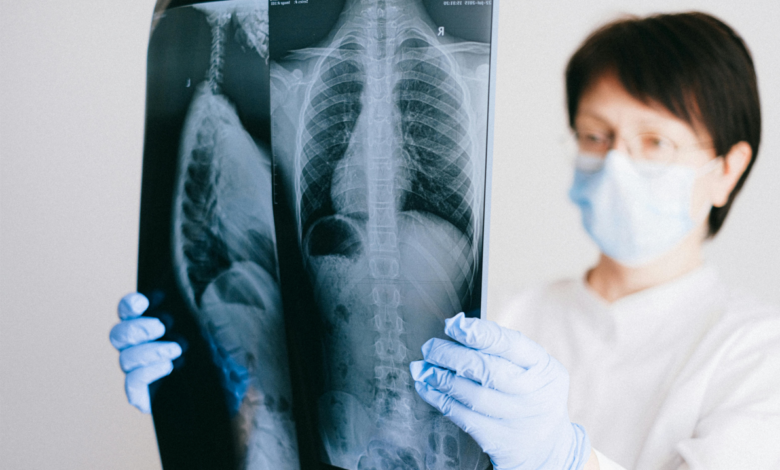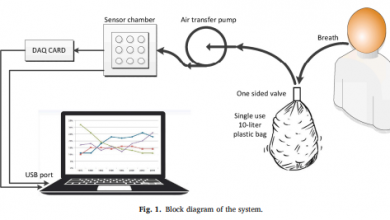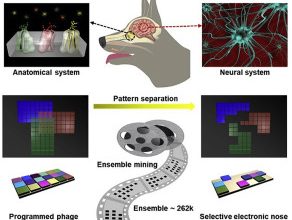Innovative E-Nose Technology Enhances Early Lung Cancer Detection

A new research from the Memorial Sloan Kettering Cancer Center (USA) highlights the promise of electronic nose (E-nose) technology in the diagnosis of early-stage lung cancer. This innovative study examines the performance of E-nose in detecting clinical stage I lung cancer, specifically focusing on its diagnostic accuracy and potential clinical impact.
The study, a phase IIc trial (NCT04734145), evaluated the E-nose technology by analyzing exhalates collected from patients diagnosed with solid stage I nodules between January 2020 and August 2023. The aim was to determine how accurately the E-nose could detect malignancy, comparing its results with traditional histopathology.
The findings are compelling. The E-nose demonstrated a strong diagnostic performance, aligning with histopathology results in 86% of cases. Impressively, it achieved an F1 score of 92.5%, with 86 true positive cases, 2 false negatives, and 12 false positives out of 100 cases. The technology outperformed existing clinical prediction models (Swensen and Brock models), referring fewer patients with malignant nodules to observation and more patients directly to treatment without the need for invasive biopsy.
These results suggest that E-nose technology could play a significant role in lung cancer diagnostics, either as a complement to existing imaging methods or as part of a multiomics platform. This advancement holds great potential for improving early-stage lung cancer detection and treatment, making it an exciting area of development in the field of digital olfaction.




